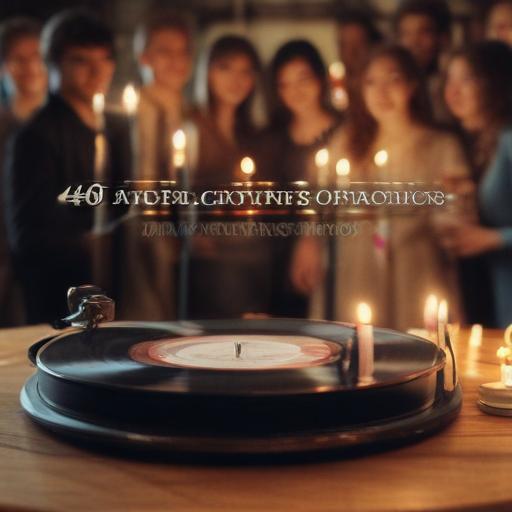The iconic Live Aid concerts, held 40 years ago on July 13, 1985, played a pivotal role in raising over $100 million for famine relief in Ethiopia and heightened global awareness of humanitarian issues. This groundbreaking event was broadcasted live from both Philadelphia and London and featured legendary performances from artists such as Queen, The Who, and a reunion of Led Zeppelin, spanning an impressive 16 hours of music.
As the anniversary approaches, several artists from that star-studded lineup have shared their reflections on the significance of Live Aid. Rick Springfield humorously noted that the time elapsed since Live Aid is comparable to the distance between the event and World War II. Springfield, who performed among a diverse group of artists, recalled his surprise at Run-DMC’s performance style, which would later revolutionize music genres.
John Oates of Hall and Oates emphasized the high stakes of their performance in Philadelphia, sharing his excitement about unexpected guest Tina Turner joining Mick Jagger on stage, which elevated the experience for all involved. Similarly, Judas Priest’s Rob Halford reminisced about memorable encounters, including one with folk legend Joan Baez, reflecting on the kindness that transcended the star-studded affair.
The legacy of Live Aid paved the way for future charitable events, including Live 8, organized by Bob Geldof 20 years later, showcasing a larger global collaboration made possible by the internet. However, in today’s digital age, Geldof expresses skepticism about the feasibility of a similar event. He cites the fragmentation brought on by social media as a significant barrier to creating a united movement on the scale of Live Aid, stating that rock ‘n’ roll as a vehicle for activism has faded.
Springfield and Oates both concur that current divisions in society would complicate efforts to rally diverse artists and audiences around a single cause. Oates specifically reflected on the improbability of gathering today’s stars for a charitable single akin to “We Are the World.”
Despite the challenges, Halford believes that empathy will always exist among people, and with the right circumstances, another Live Aid-like event could be possible. He pointed to the recent Fire Aid concert, which featured contemporary artists and underscored the potential for music to mobilize humanitarian efforts.
While the atmosphere around global solidarity in music has transformed, there remains hope that the spirit of Live Aid will inspire future initiatives, proving that collective compassion can still drive meaningful change in the world.
This reflection not only honors the impact of Live Aid but also serves as a reminder of the power of music to unite and spark action for important causes, suggesting that while the landscape may shift, the heart of altruistic endeavors can endure.
